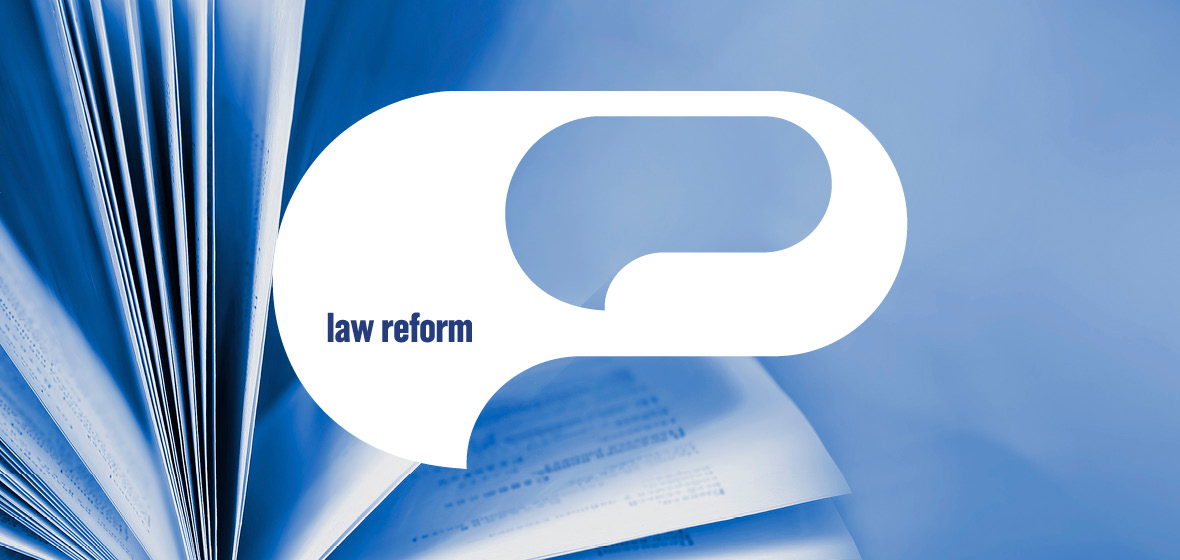Key developments
- Submission to inquiry into Centrelink’s automated debt recovery process
- Letter to the Melbourne City Council regarding homelessness by-laws
- Submission to the NSW Department of Justice to the consultation on serious vilification laws in NSW
- Draft Australian Standard for ‘Inspection of Buildings’
- Social impact investing
- Increasing transparency of beneficial ownership of companies
- Draft Environmental Planning and Assessment Amendment Bill 2017
- Submission to the NSW Law Reform Commission on Dispute Resolution Model Provisions
- Fixed costs
- Justice for everyday problems
- Draft Crimes (Sentencing Procedure) Regulation 2017
- CTP reform
- Select Committee on a National Integrity Commission
- Voluntary Assisted Dying Bill 2016
- Urgent review of resourcing in the Family Court of Australia and Federal Circuit Court of Australia
Submission to inquiry into Centrelink’s automated debt recovery process
The Human Rights Committee provided a submission to the Law Council of Australia, for its consideration in preparing a submission to the Senate Standing Committee on Community Affairs’ inquiry into the design, scope, cost-benefit analysis, contracts awarded and implementation associated with the Better Management of the Social Welfare System initiative (better known as the inquiry into Centrelink’s automated debt recovery process).
The Committee noted its concerns about the reports of high levels of inaccurate debt recovery notices issued by Centrelink, as a result of the automated data-matching system, which in practice shifts the onus to the customer to work out whether the debt notice is correct or not, because Centrelink requires the person to respond to the (potentially) inaccurate debt notices to prove that they do not owe the debt. The Committee supported calls from various social services and legal aid organisations for the Australian Government to suspend the automated debt recovery system until these errors are addressed.
The Committee also noted its concerns about the documented release of personal information by the Australian Government, as part of its response to concerns raised about the lack of procedural fairness of the debt collection process. Such policies may not accord with Australia’s international human rights obligations, to ensure the right to privacy is preserved.




